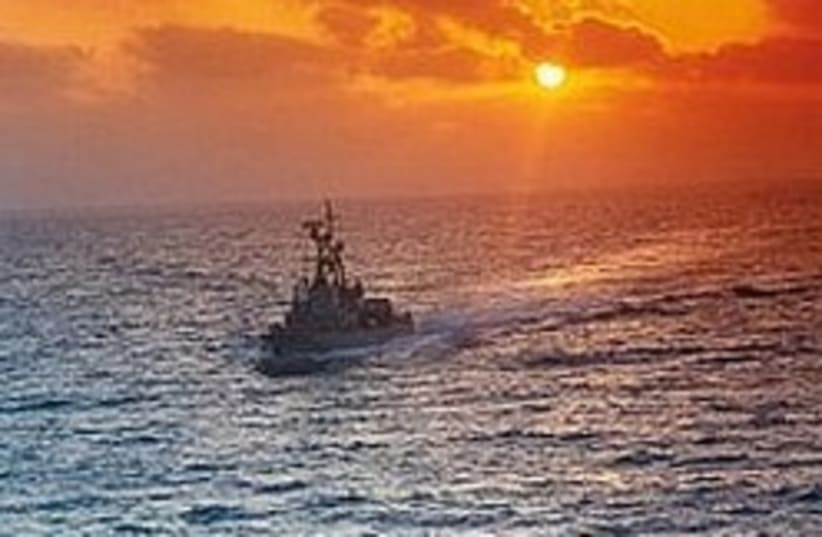| More about: | Suez Canal, Israeli Navy, Michael Oren, Anwar El Sadat |
Navy quits sending ships through Suez
Decision intended to protect ships from terror attacks; Navy denies report.


| More about: | Suez Canal, Israeli Navy, Michael Oren, Anwar El Sadat |